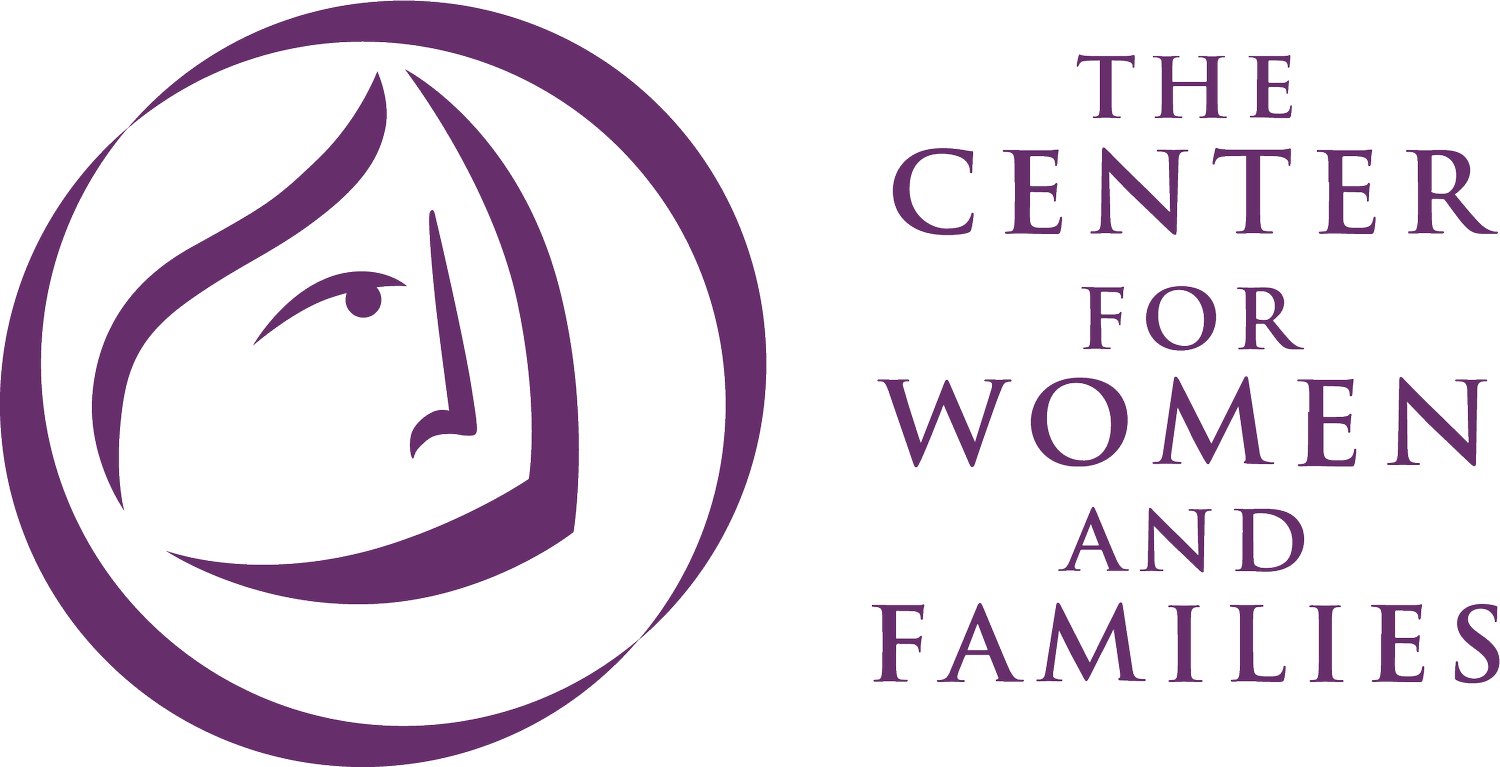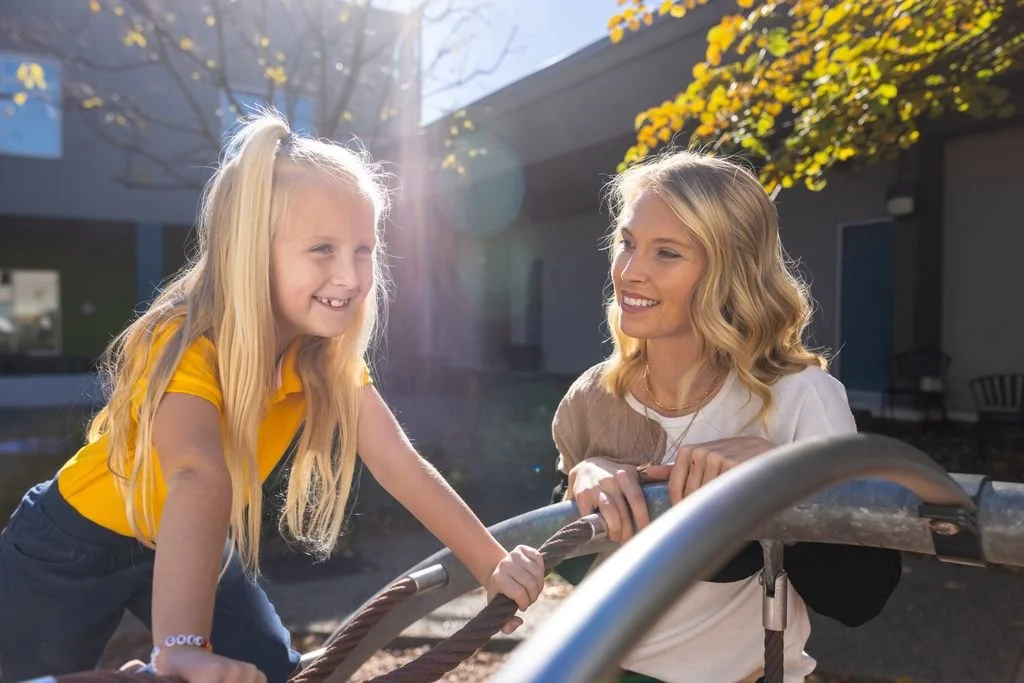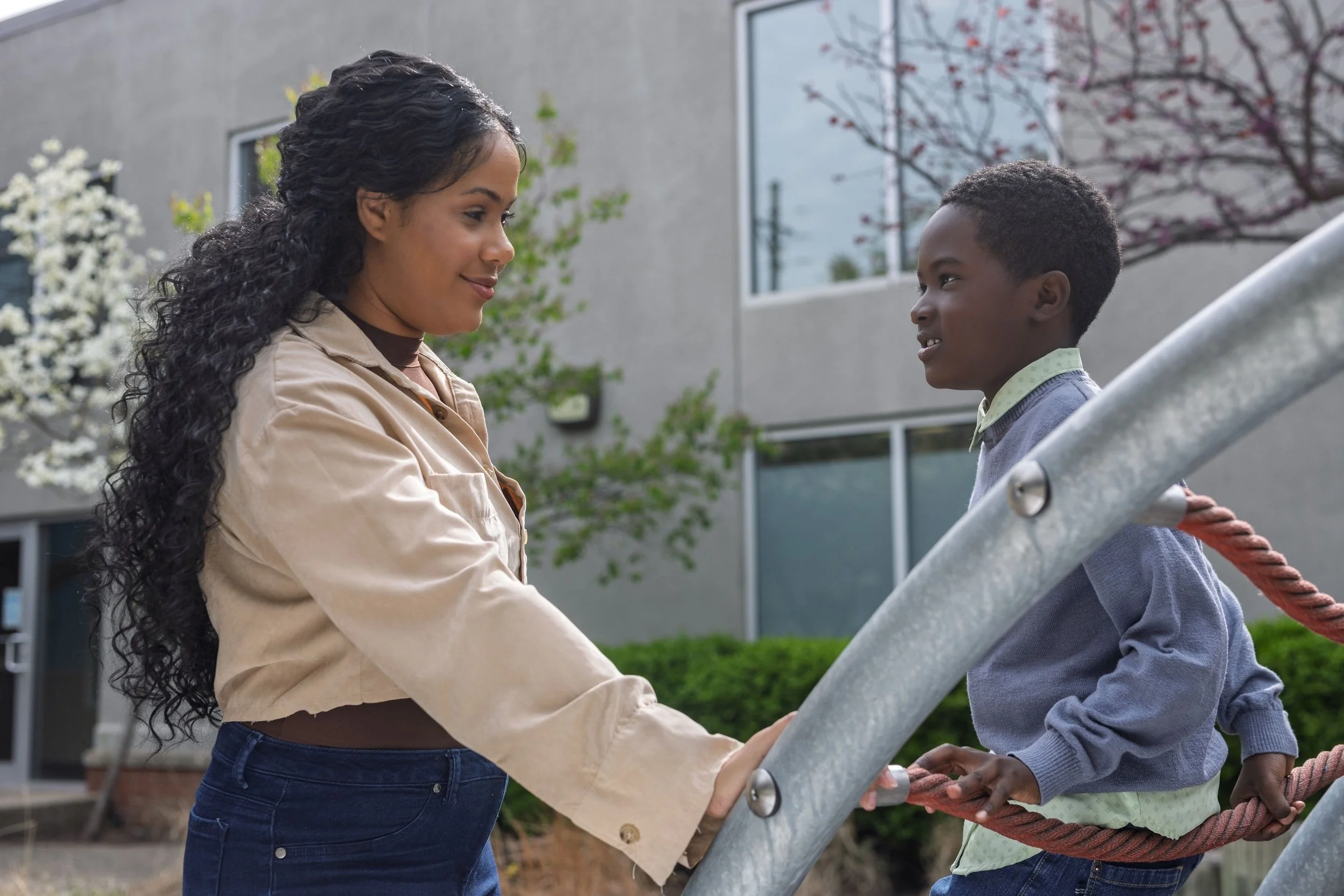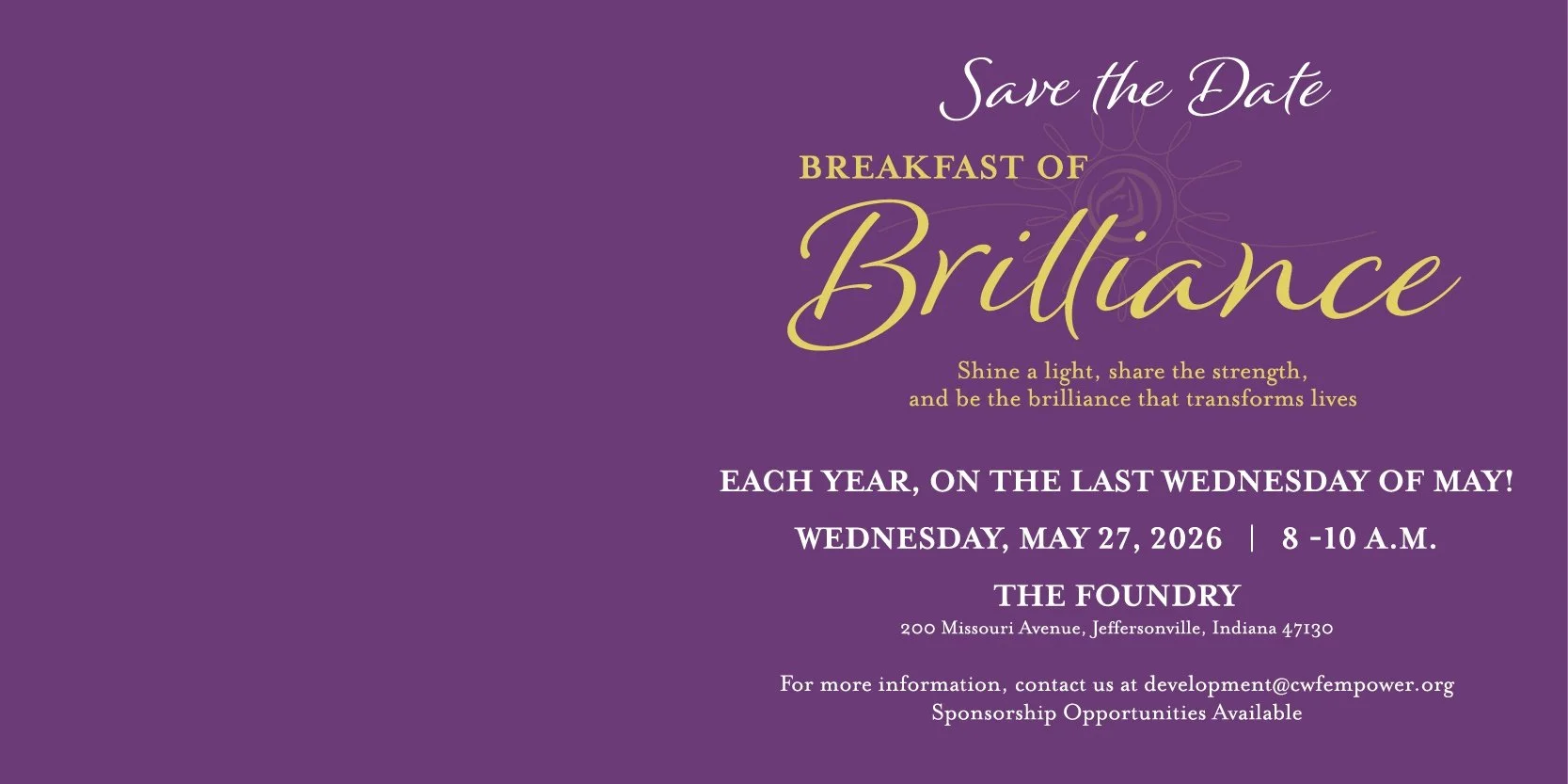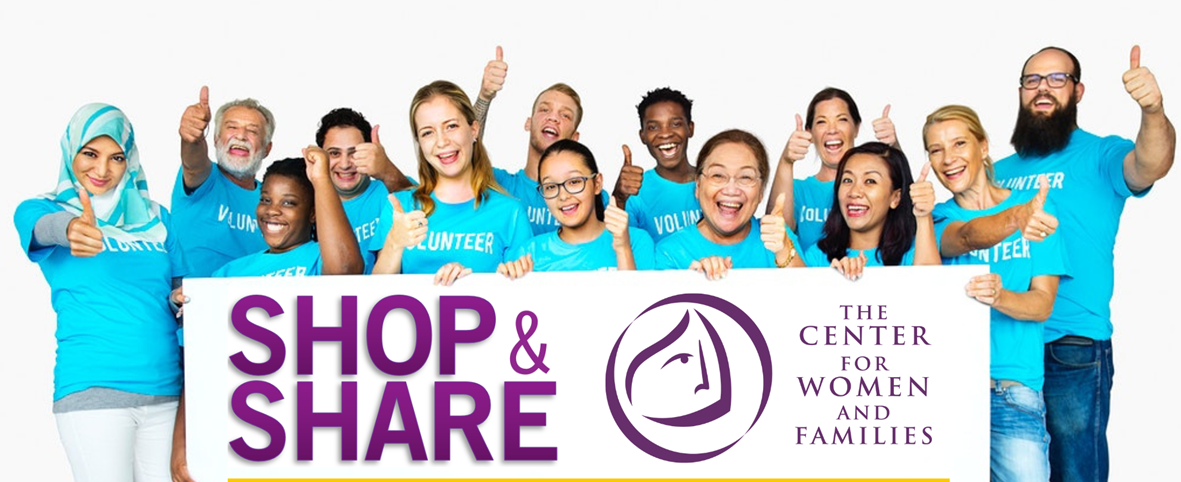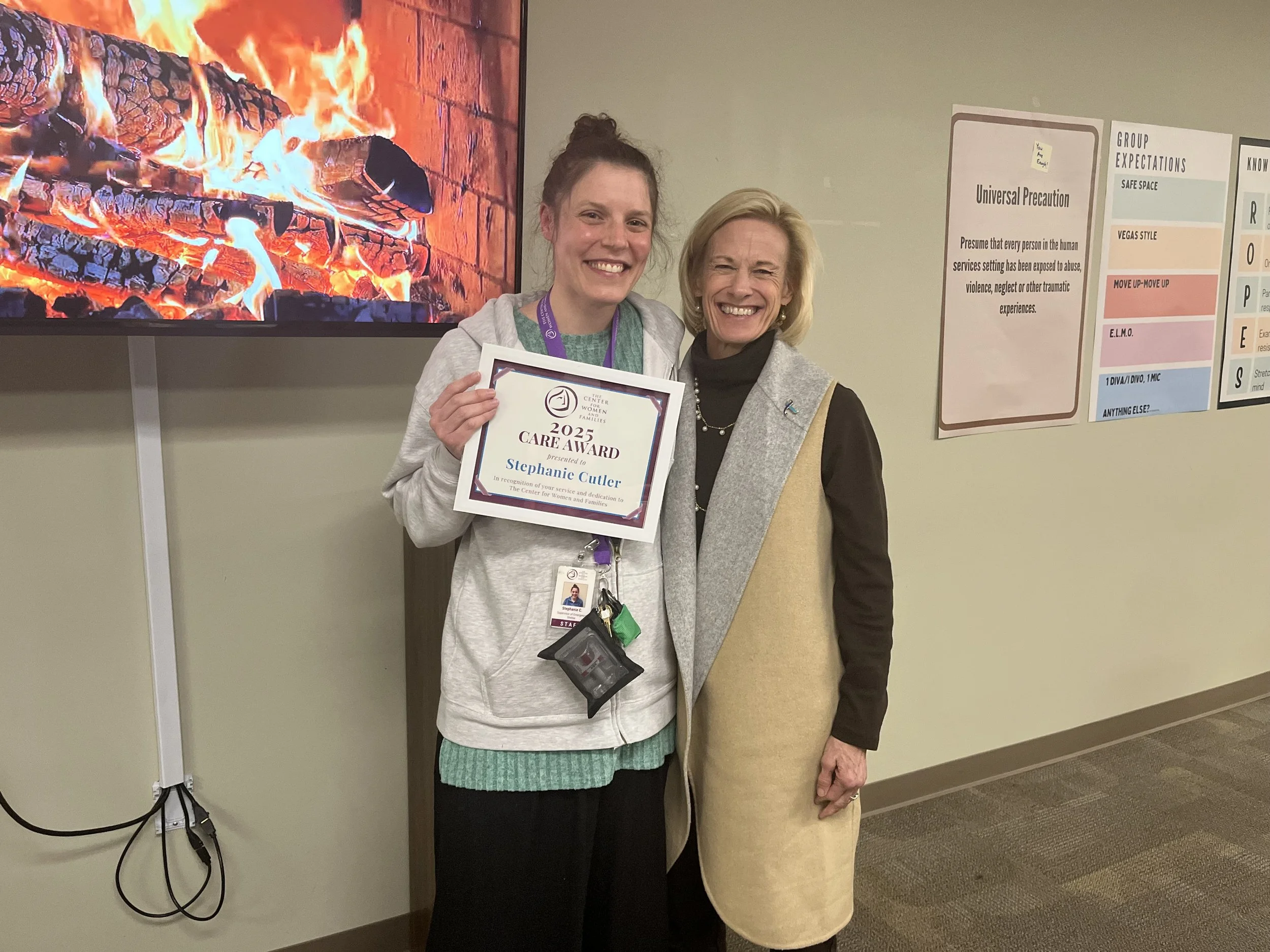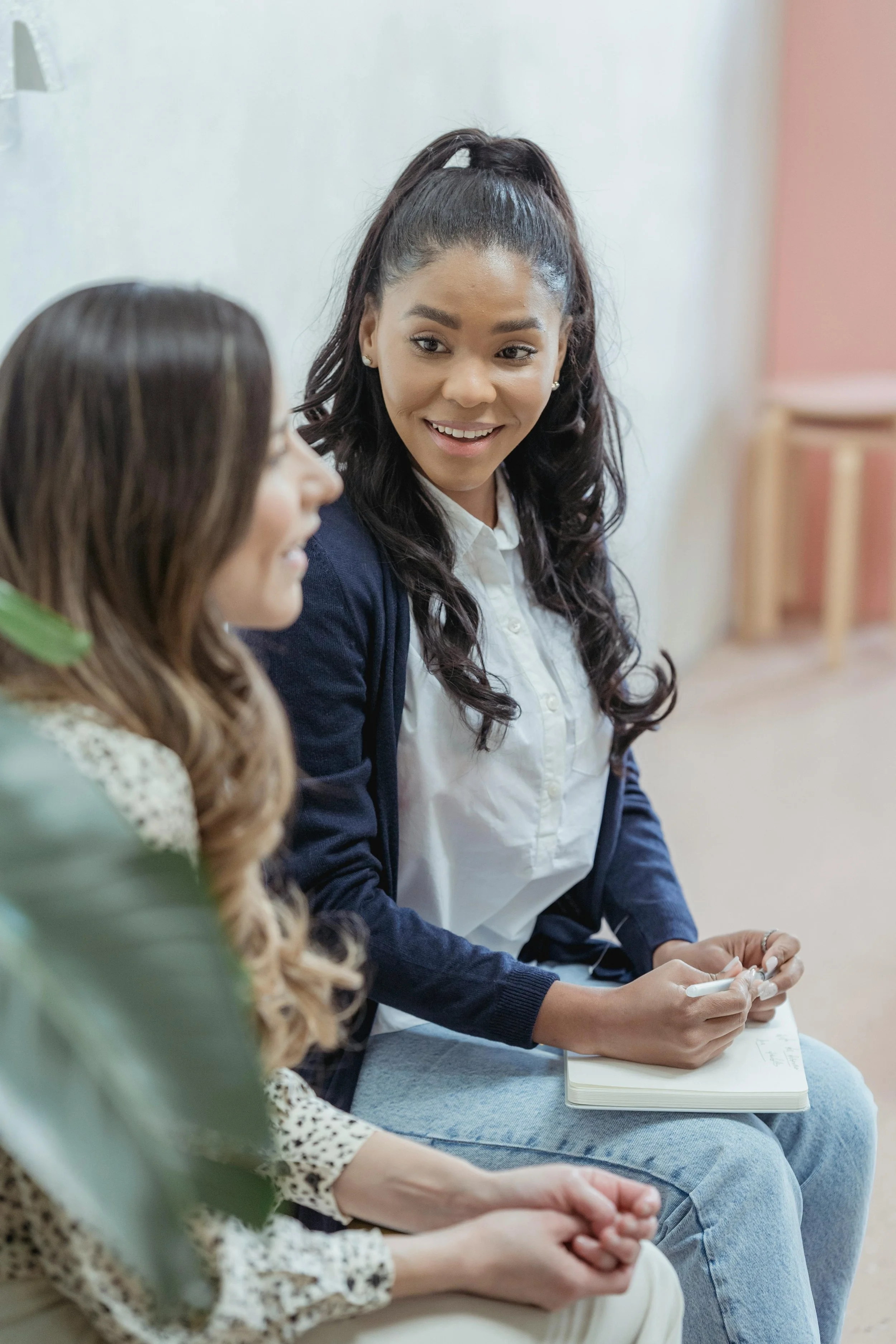Supporting Survivors & Strengthening Communities
Compassionate Care and Advocacy Across Louisville and Southern IndianaThe Center for Women and Families provides free essential services, including a 24/7 crisis hotline, emergency shelter, sexual assault forensic exams, and both legal and medical advocacy. We offer counseling, therapy, and support groups tailored to survivors of intimate partner violence and sexual assault. Additionally, we provide educational programs and professional training focused on prevention and bystander intervention to reduce violence and support safe communities.
KY Service Area: Jefferson, Oldham, Henry, Trimble, Spencer, Shelby, and Bullitt Counties
IN Service Area: Floyd and Clark Counties
Get Help
We are here for you when you need us. From safe, emergency shelter to hospital accompaniment to legal advocacy, The Center's free, safe, confidential services help victims of intimate partner violence or sexual assault at every critical stage of their journey to becoming survivors.
Get Involved
Get involved and support our mission. We cannot do this work without your help. Explore this page to learn lots of ways to get involved, including becoming a volunteer, making a donation to The Center, hosting an educational program, or attending our annual events throughout the year.

Kentucky Humane Society’s Safe Haven Program
We love pets here! And we know many survivors seeking shelter have pets that also need a safe place to stay. Thanks to our partnership with the Kentucky Humane Society, we offer foster homes for four-legged family members through our Safe Haven program.
"In a dark place, there is now light. Coming to The Center was my breakthrough."
- Macy | Louisville, KY
Empowerment Through Stories of Hope
Discover inspiring survivor stories, the latest news, and essential resources to support survivors of intimate partner violence or sexual assault. Together, we can foster hope and healing.
If you or someone you know is in need of support, we're here for you. Connect with our advocates 24/7 for confidential help and resources.Join us in creating safer communities. Learn how you can support survivors, volunteer, or take action today.